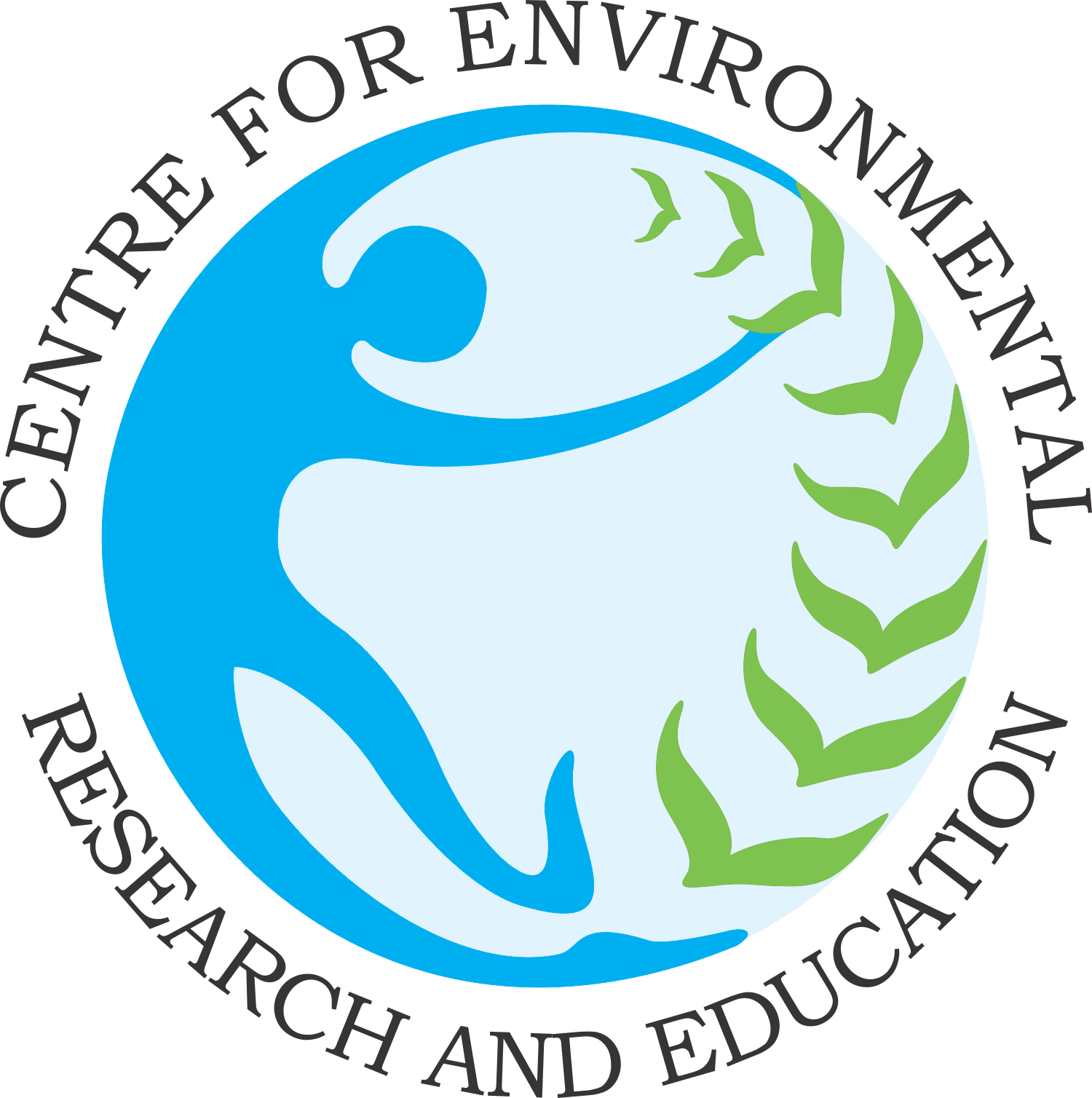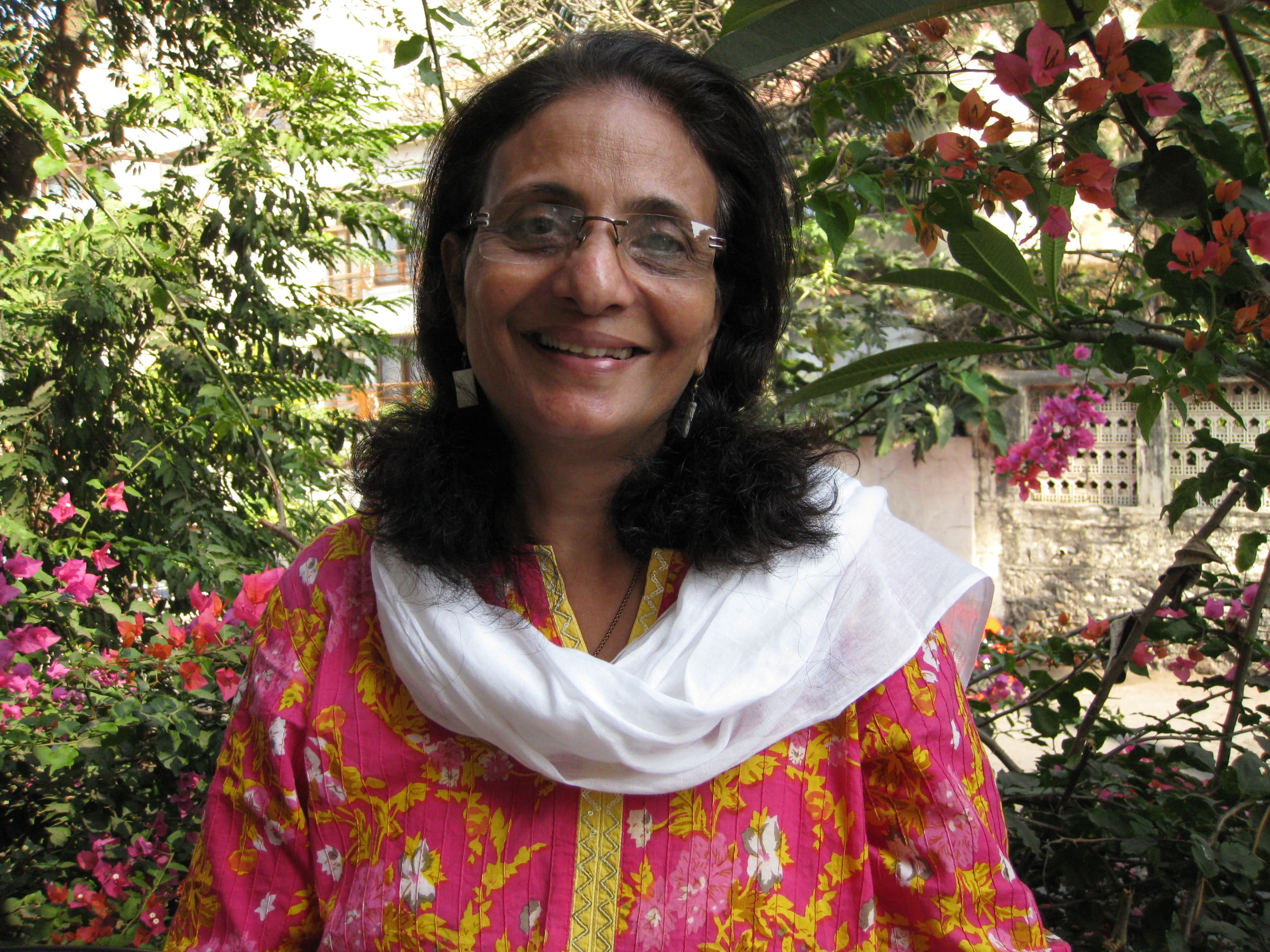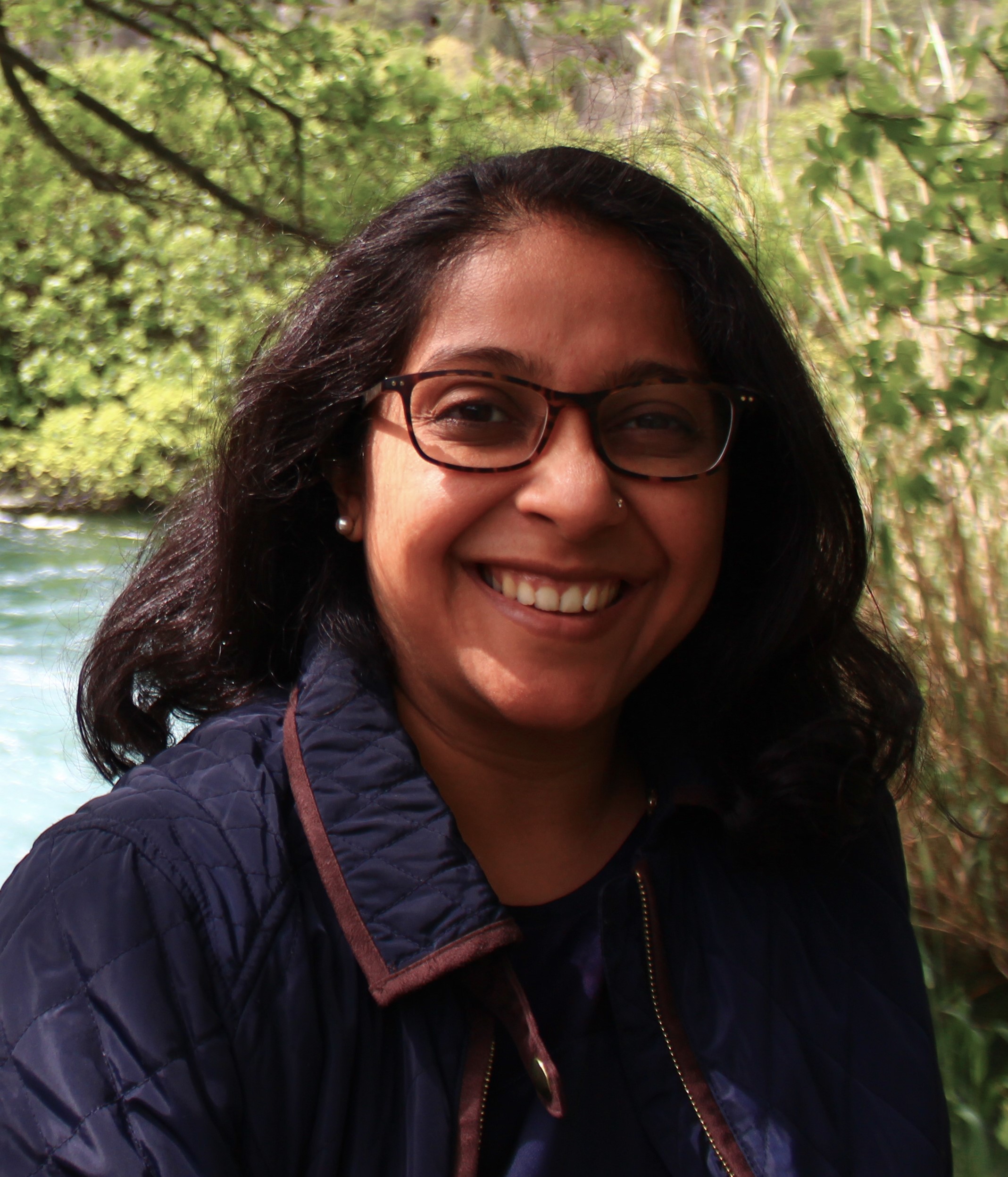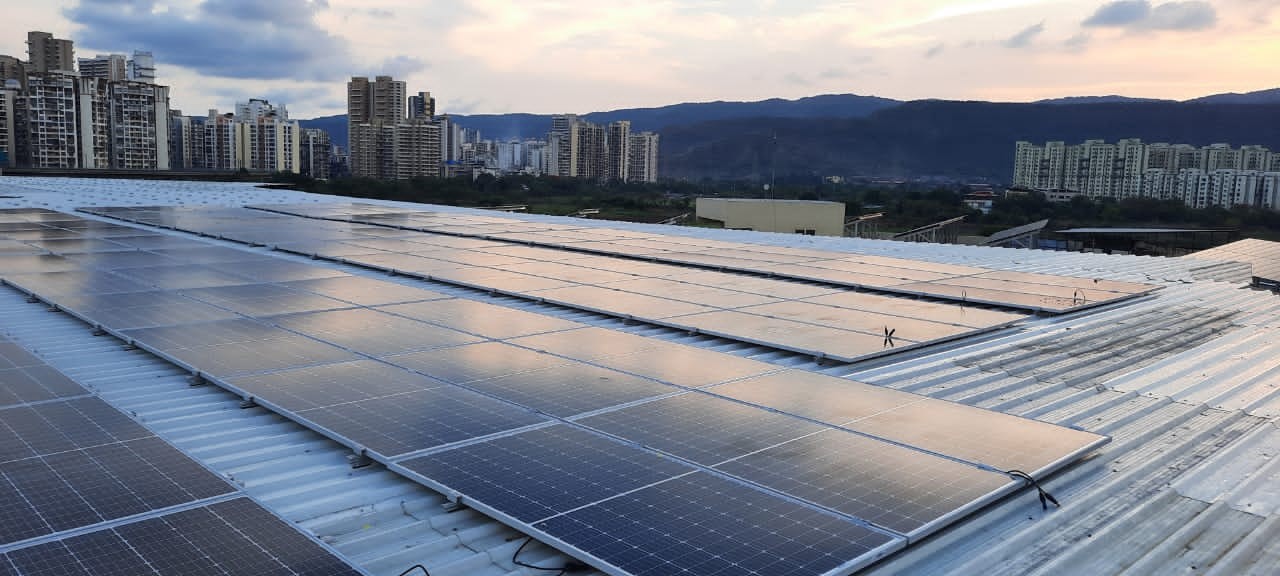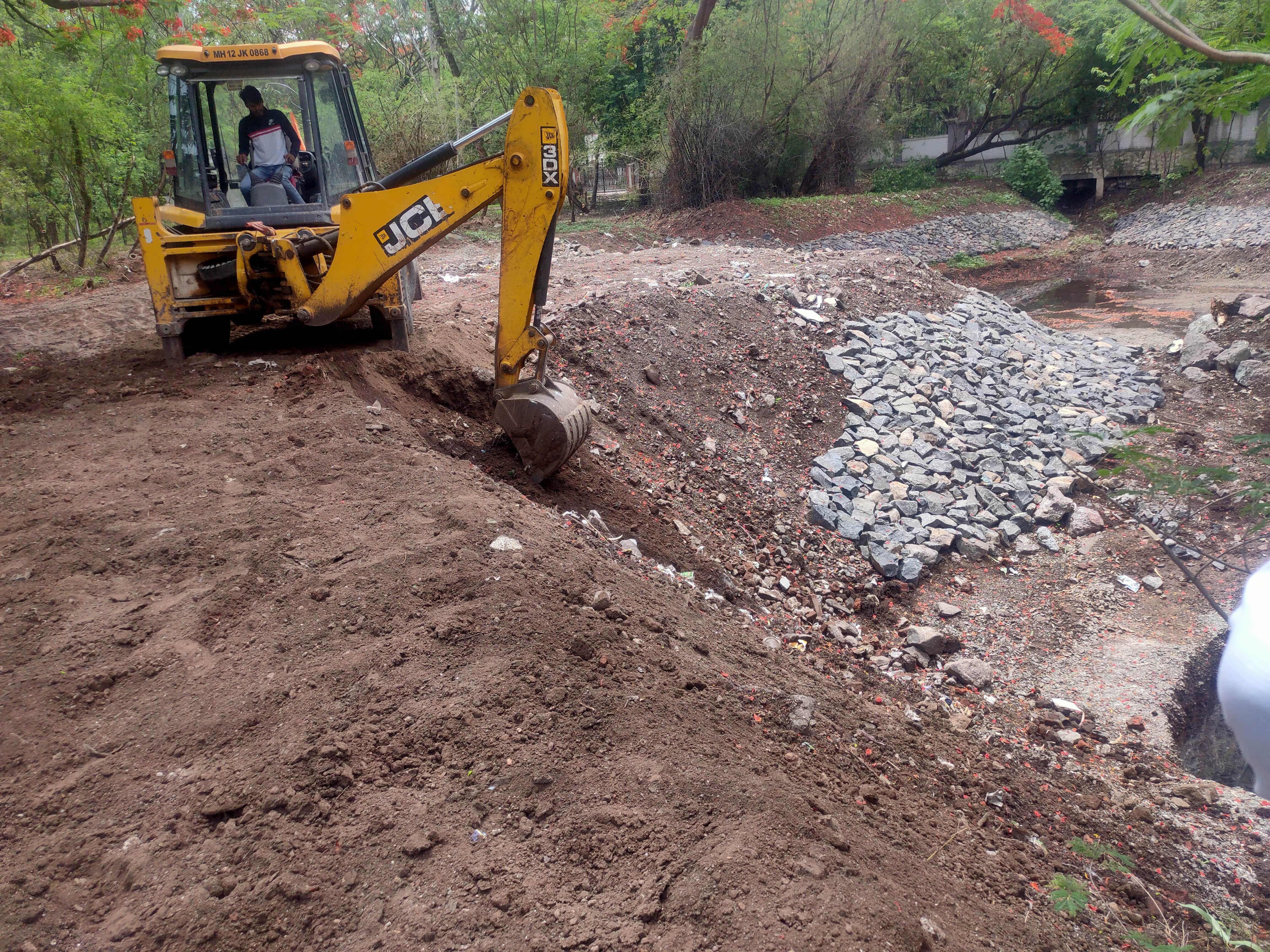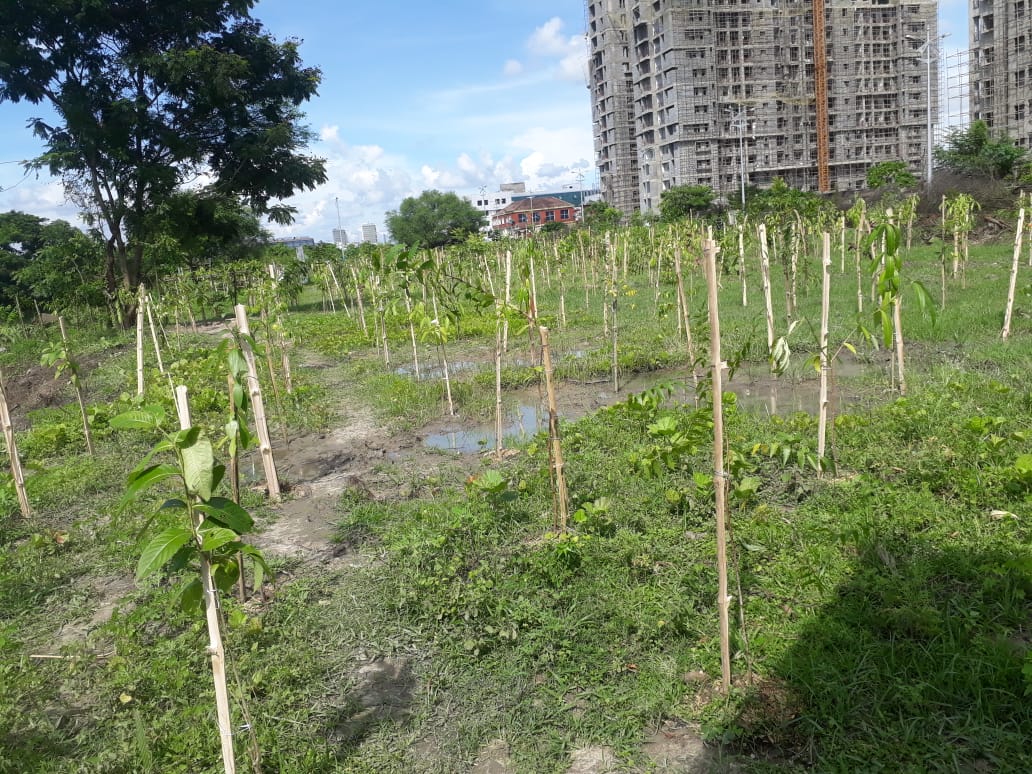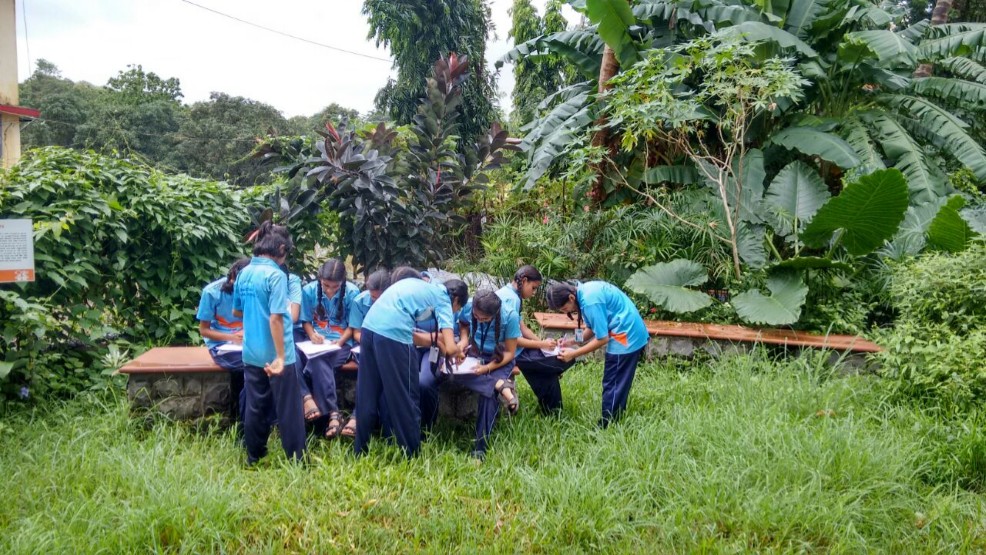CERE and it's projects have received the following:
Honourable mention for 2013 Green Dot Awards
Thought Leaders International – Solar Energy Award for Excellence, 2014
I-Design Award – Golden - Lighting Design Category, 2014
CSR Community Initiative Awards 2017 in the Financial Literacy category hosted by India CSR
Envirocare Green Awards 2021
Additionally, Dr. Pardiwala and Mrs. Rustom have have received various awards and accolades, including the Ashoka Fellowship in 2005.
Honourable mention for 2013 Green Dot Awards
Thought Leaders International – Solar Energy Award for Excellence, 2014
I-Design Award – Golden - Lighting Design Category, 2014
CSR Community Initiative Awards 2017 in the Financial Literacy category hosted by India CSR
Envirocare Green Awards 2021
Additionally, Dr. Pardiwala and Mrs. Rustom have have received various awards and accolades, including the Ashoka Fellowship in 2005.
